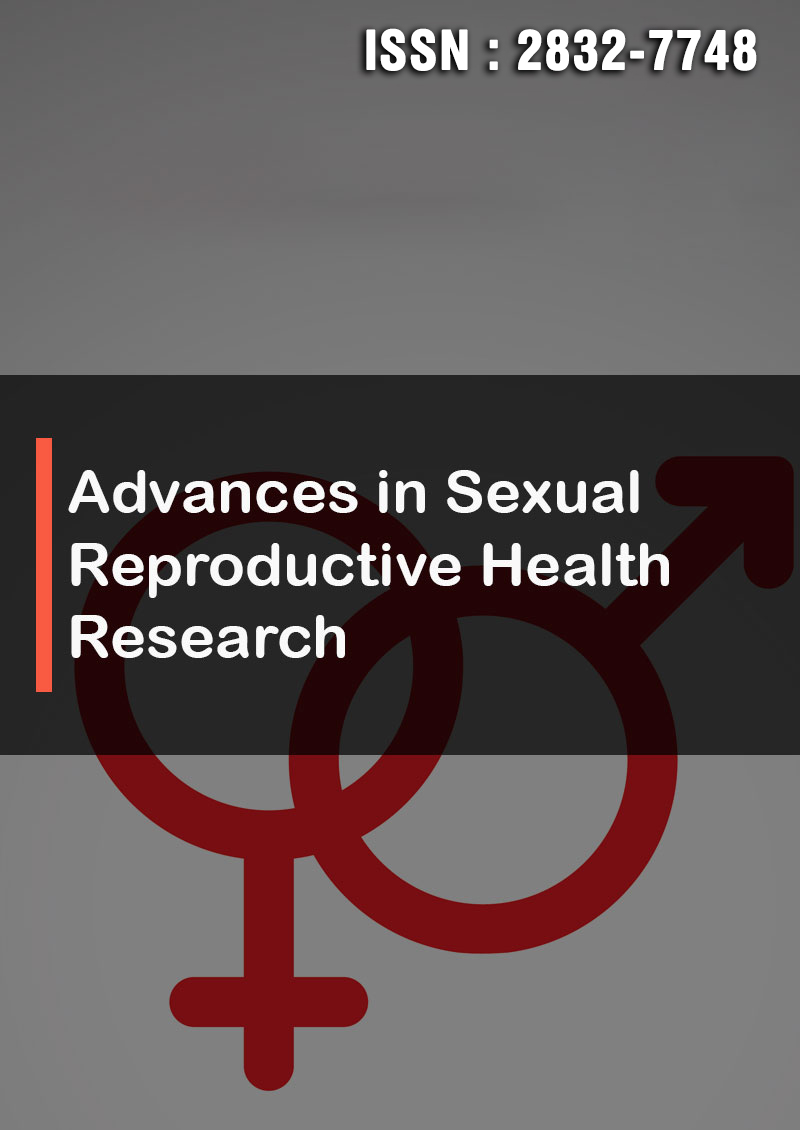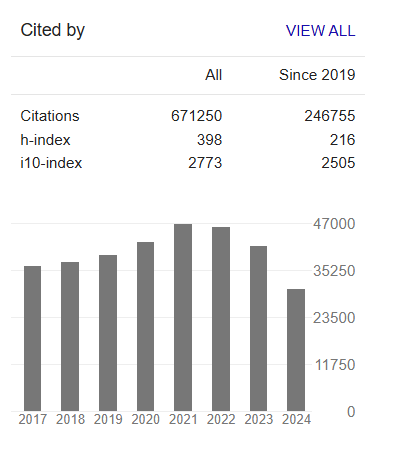Sub-Optimal Breastfeeding Practices Among women Having 24-59 Months Age Children in Dessie Zuria Woreda, Northwest Ethiopia
Abstract
Muluken Genetu Chanie, Wolde Melese Ayele, Asnakew Molla Mekonen and Yitayish Diamtie
Background Insufficient breastfeeding practices play a significant role in the high rates of mortality among newborns and young children in developing countries like Ethiopia. Premature cessation of breastfeeding and the subsequent introduction of unclean and inadequate formula feeding, which lacks essential nutrients, are commonly observed in low- and middle-income countries (LMICs), leading to the death of thousands of infants. This study aimed to evaluate suboptimal breastfeeding practices and identify the factors influencing them among women with children aged 24-59 months in the Dessie Zuria woreda of Northwest Ethiopia.
Methods A community based cross-sectional study design was carried out from October 21 to November 25, 2019 in Dessie Zuria Woreda Data collected from a sample of 346 respondents using simple random sampling technique to select participants of the study. The AOR with P-value 0.05 and at 95% CI was utilized to identify predictors of inadequate breast feeding practices in a binary and multivariable logistic regression model.
Result Three hundred forty six participants completed the questionnaire making the response rate 98%. The overall suboptimal breastfeeding was found 46.3% at 95% CI (42.3%-50.7%). Maternal illiteracy level, number of ANC visit, use of radio and counseling during ANC visit were found preventive factors for sub-optimal breast feeding practice in the study area.
Conclusion It was revealed that suboptimal breastfeeding was very common. Four factors that could prevent suboptimal breastfeeding practice which demands an intervention by the policy makers, health care managers and health workers at each level of the health system.




